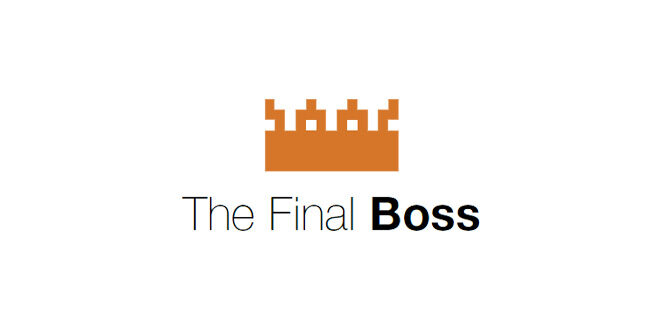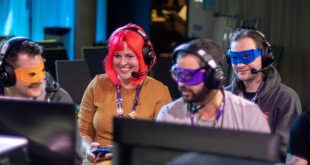 Every month an industry leader wraps up MCV/DEVELOP with their unique insight. This month, we speak to YRS TRULY’s MJ Widomska.
Every month an industry leader wraps up MCV/DEVELOP with their unique insight. This month, we speak to YRS TRULY’s MJ Widomska.
What would you say is your greatest achievement?
I am proud to be doing our small part in making the gaming industry a better place. YRS TRULY was founded on the grounds of our commitment to ethics and inclusivity: we have set out to prove that working ethically doesn’t mean compromising on results. Each one of us has faced roadblocks when getting into gaming, so we want to do our part in removing them for others.
As a small, women-led agency, new to the industry just a few years ago, we were often met with scepticism. A lot of people we spoke to wanted to diversify their marketing and broaden their reach, but were on the fence on what’s the best way to do that. There was an assumption that switching focus to previously under-served audiences would make campaigns less successful or more expensive. Fortunately, we were lucky enough to meet people in the industry who shared our beliefs and were willing to take a chance on a small agency!
Now, almost five years on – thanks to a passionate team and the creative talent of the folks we’ve worked with across TikTok, Twitch and YouTube – we have multiple awards under our belt, proving that strong morals and results can go together. Our eight-strong team can stand in front of the biggest names in the industry and help them enact change. That’s something to be proud of!
What ambitions do you have for the future of YRS TRULY and the industry as a whole?
In 2023, we’re hoping to expand our team and move to a full-time four-day working week. We’ve been trialling four-day weeks every second week since January, and after seeing the improvement to our creativity, enthusiasm and, most importantly, well-being, we believe this is the right way to go for the industry as a whole. Studios like Big Potato Games and Chucklefish are already leading the way!
My hope for the future is that more and more companies will commit to making the gaming industry a fantastic place to work. Not just by choosing non-standard hours, but also by increasing pay transparency, offering higher compensation, making flexible work easier for parents, and ensuring managers offer the best possible support for their teams. We all have a lot to do, but many conversations with others in the industry have left me cautiously optimistic that we can get there.
What do you see as the gaming industry’s biggest challenges in the years ahead? Will it be able to overcome them?
The biggest challenge is maintaining the pledge to improve. The industry has begun to pay attention to the areas in which we desperately need change and now is the time to fully commit to it. Platforms will come and go, success is fluid, but making the industry a more ethical, safer, and kinder place – that’s the real challenge. Will it be able to overcome this challenge? I believe so. We already see some of the smaller studios and teams leading the charge – let’s hope the industry as a whole can keep up.
Do you think the industry is in a healthy place — or headed in the right direction, at least?
We’re not where we should be yet, but we are slowly heading there. I’m encouraged by the changes I’ve seen in the past few years, but I’m also a little concerned that we’re not moving fast enough. There is a lot to celebrate: the rise of worker-led movements, the gradual de-stigmatisation of neurodiversity in the workplace, greater flexibility, better work-life balance and improvements in inclusion and diversity across the sector. Let’s build on that.

 MCV/DEVELOP News, events, research and jobs from the games industry
MCV/DEVELOP News, events, research and jobs from the games industry




